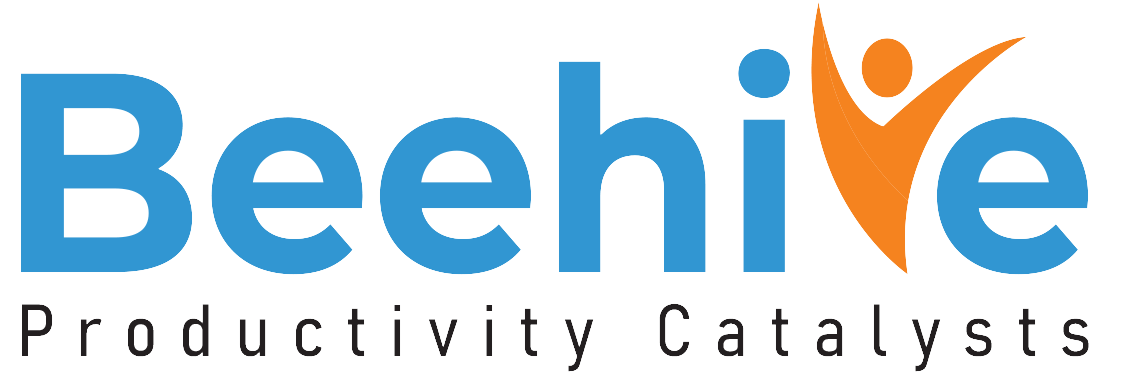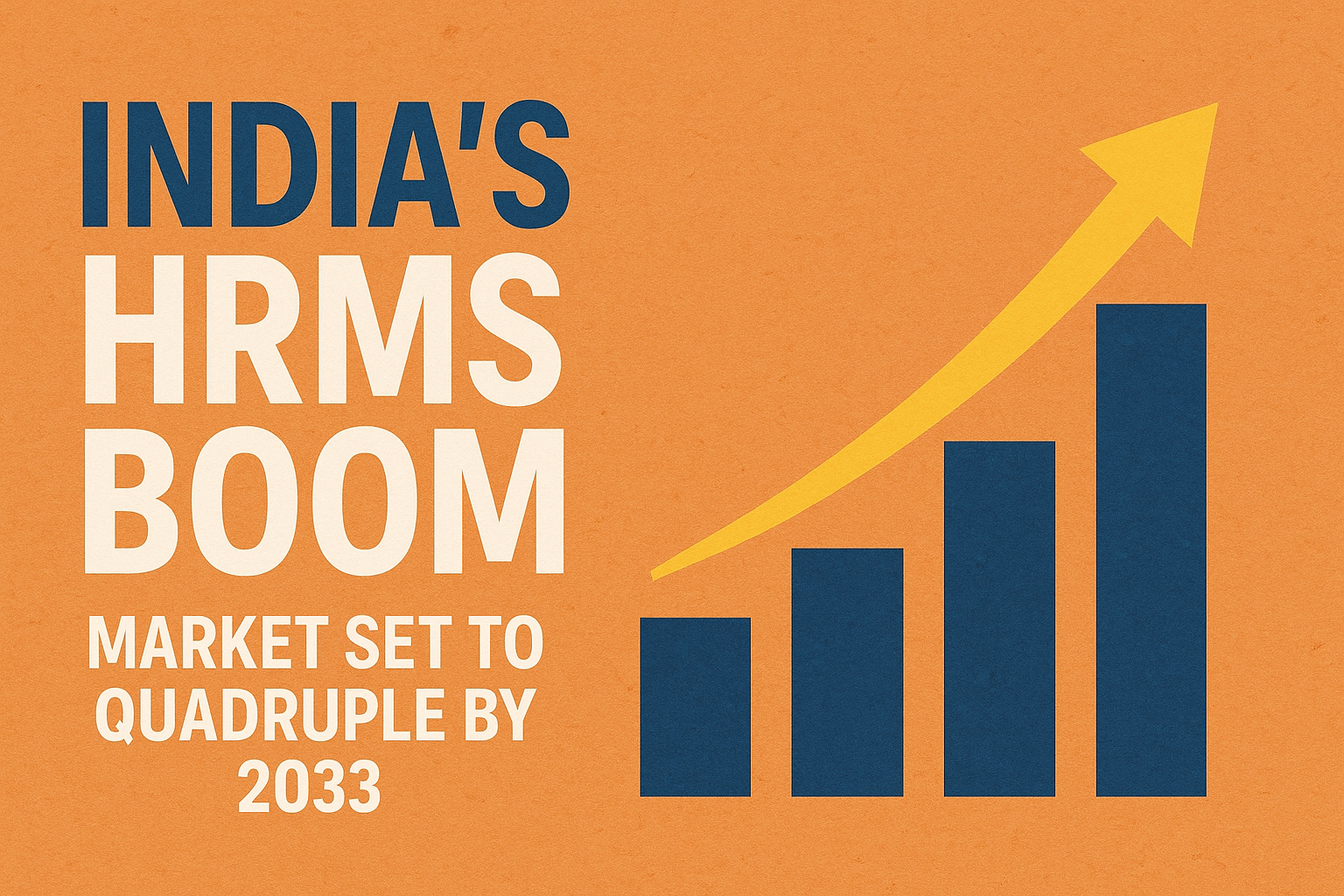The country’s Human Resource Management System (HRMS) market is experiencing unprecedented growth—from $1.1 billion in 2024 to a projected $4.3 billion by 2033. That’s nearly quadrupling in less than a decade, with a robust 14.6% CAGR. These impressive numbers represent thousands of Indian businesses finally embracing technology that works for modern workforce management.
The great HR awakening
Walk into any office in Mumbai or Chennai five years ago, and you’d find HR teams drowning in paperwork. Employee files stuffed into cabinets, attendance registers filled by hand, and payroll calculations that would make your head spin.
Today’s reality is strikingly different. Companies across India are realizing you can’t build a modern business on an ancient HR foundation. Whether you are a tech startup in Gurgaon or a manufacturing unit in Coimbatore, manual HR processes are holding you back.
The shift is happening beyond boardrooms. Employees are demanding better experiences—seamless leave applications, transparent performance reviews, and mobile access to HR information.
Cloud Technology: The great equalizer
Cloud adoption has completely democratized HR technology in India. A small business in Jaipur can now access the same sophisticated tools as a multinational corporation in Mumbai. No massive upfront costs, no dedicated IT teams, and definitely no server rooms. Cloud solutions offer remarkable scalability. Companies can start with basic payroll automation for 50 employees and seamlessly scale to 5,000. It’s technology that grows with you, not against you.
AI transforms decision-making
AI-powered analytics are revolutionizing Indian HR departments. We are not talking about robots replacing HR professionals but smart systems that help make better decisions.
Imagine predicting which employees might consider job changes or identifying top candidates from hundreds of applications. BLS International’s ‘People Hub’, launched with TexlaCulture, exemplifies this transformation. The platform learns from employee data, spots behavioral patterns, and predicts retention risks. Predictive analytics enables proactive management. Instead of reacting to problems, HR teams can anticipate them. Employee engagement dropping? The system flags it before mass exodus.
Hybrid work revolution
COVID-19 changed how we work, but it didn’t change human nature. People still need connection, value, and engagement, whether working from Delhi offices or Kochi kitchen tables. Hybrid work models created entirely new HR challenges.
How do you track attendance across time zones? How do you ensure fair performance evaluations when some team members are office-based while others are remote?
Modern HRMS platforms offer sophisticated remote workforce management tools beyond basic time tracking. They measure productivity, facilitate virtual team building, and ensure remote employees don’t become invisible.
The focus has shifted toward employee experience and smart HRMS is improving every employee’s work life.
Industry adoption patterns
HRMS adoption across India shows interesting sector-specific patterns.
IT and ITeS companies were early adopters, comfortable with technology and managing complex workforce challenges across multiple cities. They need systems handling project-based attendance and skill-based performance reviews.
BFSI sector adoption stems from different needs, iron-clad compliance management and detailed audit trails. When dealing with sensitive financial data and strict regulations, HRMS becomes necessity, not convenience.
Healthcare organizations require sophisticated talent management systems for managing doctors, nurses, administrators, and support staff, all with different schedules, certifications, and compliance requirements.
Even the government sector is modernizing through Digital India initiatives, moving away from decades-old paper-based processes.
Regional growth dynamics
South India continues leading adoption, with Bangalore and Chennai creating cultures of innovation. Companies here want cutting-edge HRMS with latest features.
West India, anchored by Mumbai’s financial district and Pune’s manufacturing base, shows strong cross-sector adoption. Industry diversity creates demand for versatile, adaptable solutions.
North India experiences rapid catch-up growth. The NCR’s mix of government and private enterprises drives demand for compliance-heavy solutions, while manufacturing hubs modernize workforce practices.
East India represents the next frontier, with traditional industries beginning to see digital HR transformation value.
Future trends shaping the market
Mobile-first design is now essential. In smartphone-dominant India, platforms must enable leave applications, pay stub access, and personal updates via mobile devices.
Integration capabilities are make-or-break features. Modern businesses want platforms connecting seamlessly with existing ERP, CRM, and business tools. Data silos are becoming obsolete.
Data security and privacy concerns drive demand for compliant platforms as India’s data protection regulations evolve.
Growing focus on employee wellness and engagement features means companies seek platforms tracking satisfaction, wellness indicators, and career development.
Overcoming implementation challenges
Change management remains the biggest hurdle, especially in traditional industries. Successful HRMS implementations invest heavily in training and change management from day one.
Customization needs present both challenges and opportunities. Indian businesses operate diversely. Vendors offering flexible customization while maintaining core functionality hold significant advantages.
The strategic transformation
The projected growth from $1.1 billion to $4.3 billion by 2033 represents a fundamental shift in how Indian businesses view their people.
HR is evolving from administrative function to strategic driver of business growth, employee engagement, and competitive advantage. Organizations understanding this shift and investing in appropriate HRMS technology will thrive in India’s evolving business landscape.
Beeehive HRMS: Your transformation partner
For organizations ready to embrace this transformation, Beeehive HRMS offers comprehensive solutions designed specifically for the Indian market. You can be a growing startup needing scalable payroll management or an established enterprise requiring sophisticated compliance automation, Beeehive HRMS delivers. Built with deep understanding of Indian business practices and regulatory requirements, Beeehive HRMS is your partner in creating more efficient, engaged, and successful organizations.
As India’s HRMS market continues its remarkable growth trajectory, we are here to help your business lead the transformation.






